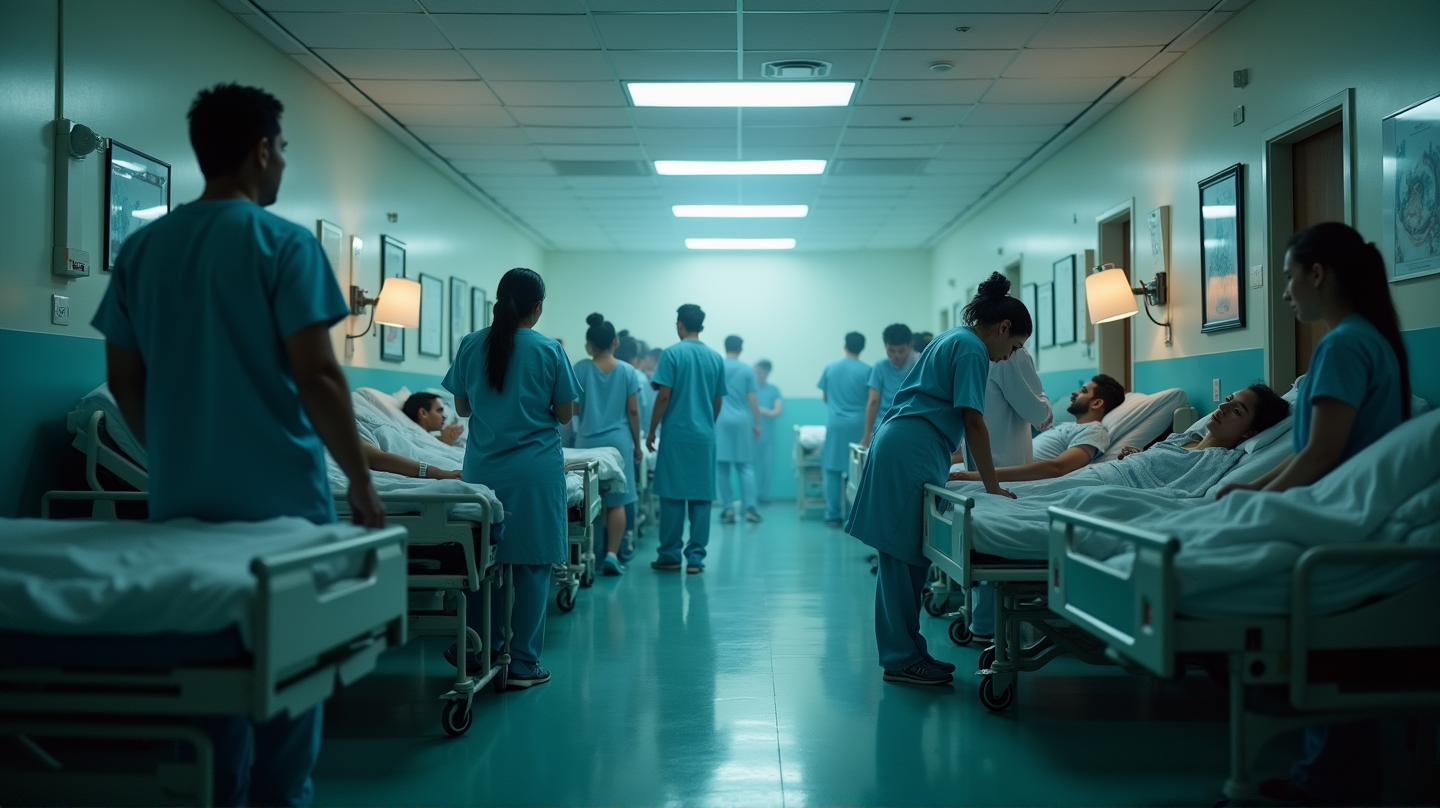Metro Manila's Hospital Crisis: Emergency Rooms Overloaded Amid Rising Leptospirosis Cases
A surge in leptospirosis cases has stretched Metro Manila's hospital emergency rooms beyond capacity, urging potential patients to seek alternatives.

Metro Manila is witnessing an unprecedented surge in leptospirosis cases, a bacterial infection commonly spread through contact with water contaminated by animal urine. This alarming increase has pushed several public hospitals in the region to their brink, exceeding patient intake capacities. Emergency rooms, which serve as the first line of medical care, are under immense pressure to accommodate the flood of patients.
Overwhelmed Emergency Rooms
Public hospitals like the Philippine General Hospital and East Avenue Medical Center report that they have reached full capacity. For many residents, these institutions are their primary health care anchor. As such, the hospitals have started prioritizing critically ill patients, urging others to seek alternative medical facilities.
Government’s Response
The rising number of leptospirosis cases has caught the attention of the Department of Health. They have issued advisories to local hospitals on handling the overload, emphasizing the need for efficient patient triaging. Furthermore, the Department is coordinating with neighboring hospitals to manage the overflow better and ensure all patients receive adequate care.
Contributing Factors
The spike in leptospirosis cases is compounded by the region’s recent exposure to heavy rains and flooding—conditions prime for the spread of this disease. When floodwaters recede, they leave behind a dangerous cocktail of contaminants that can easily infect individuals with open wounds or compromised immune systems.
Patient Advisories
Health officials are advising potential patients to phone ahead to check hospital capacity or visit health centers outside Metro Manila for treatment. Hospitals encourage residents to practice preventive measures such as avoiding flooded areas and maintaining proper hygiene to reduce infection risk.
Long-term Solutions
To address the broader issue of hospital overcrowding, authorities are considering the expansion of healthcare facilities and the establishment of more specialized centers that can handle infectious diseases. These efforts aim to cater to the growing population’s health needs and ensure prompt medical attention during health crises.
This pressing situation in Metro Manila serves as a stark reminder of the need for robust healthcare infrastructure and proactive public health policies, especially as environmental challenges pose increasing threats. According to ABS-CBN, addressing these issues is crucial for public safety and wellbeing.

